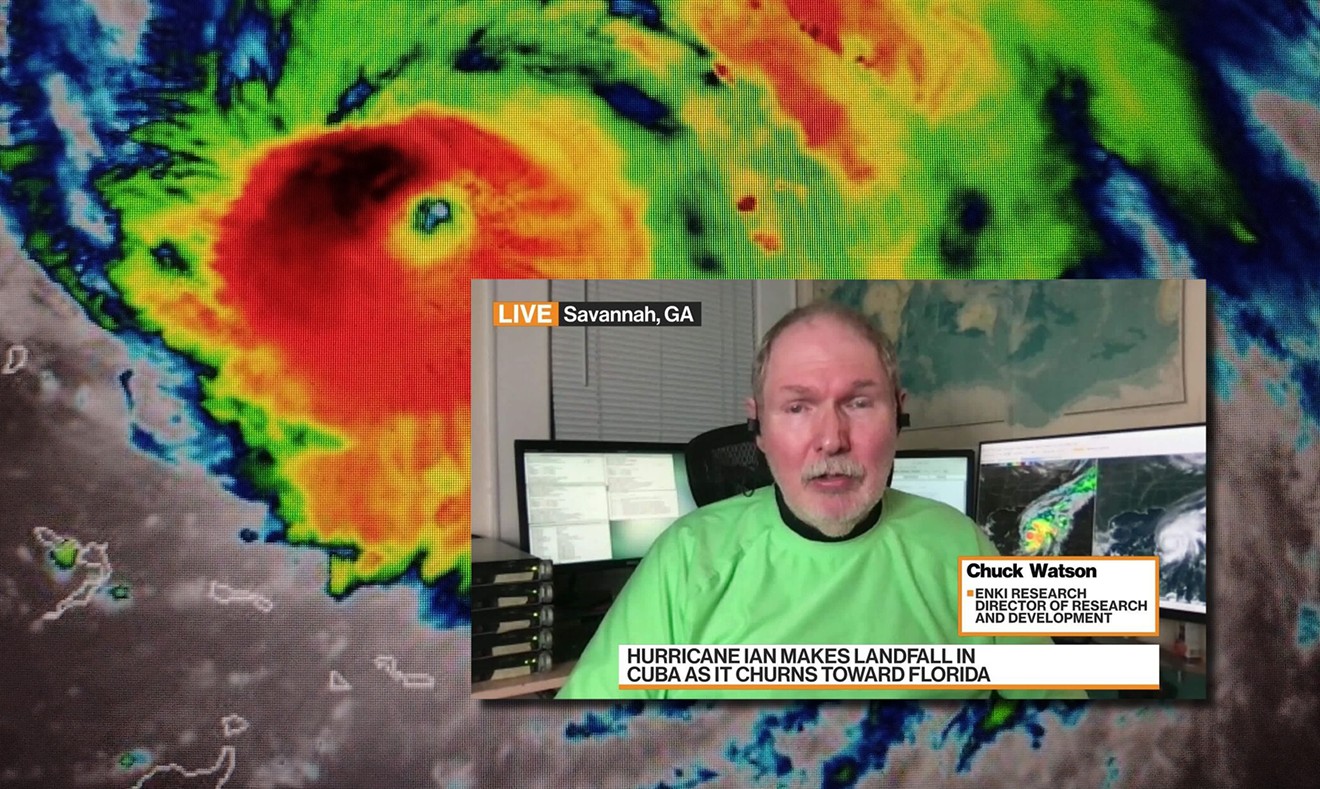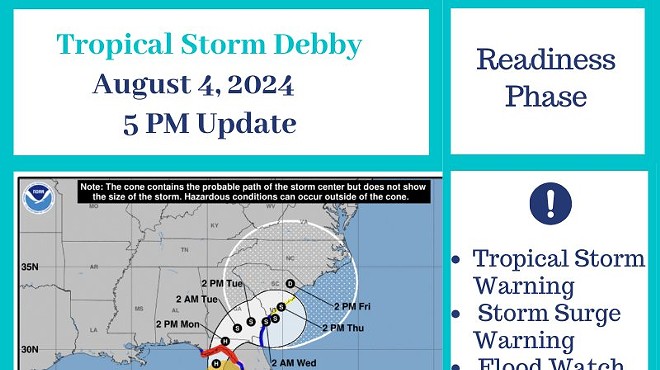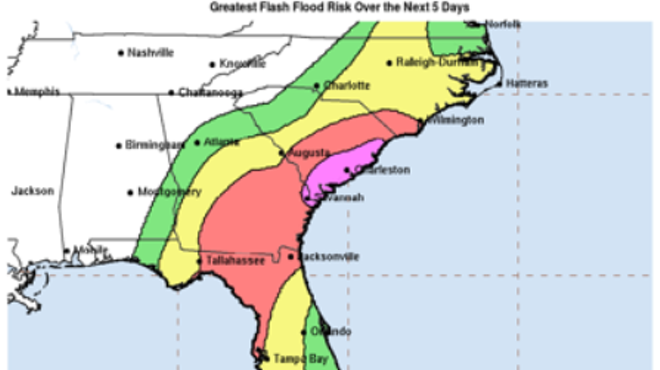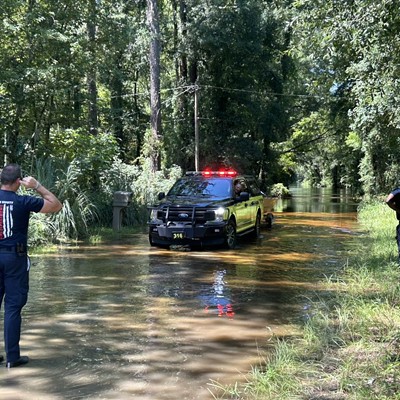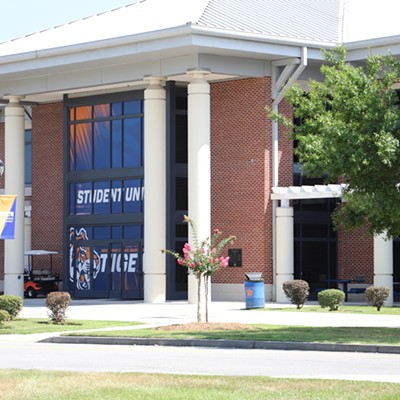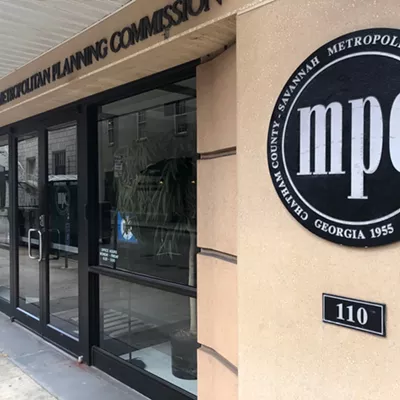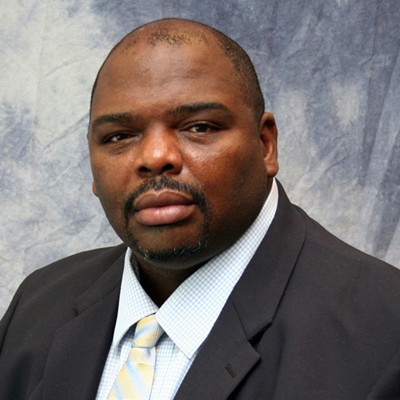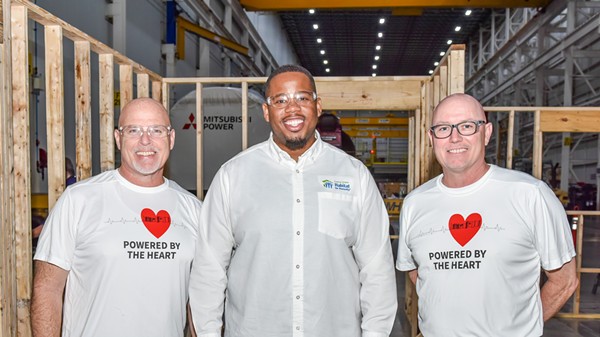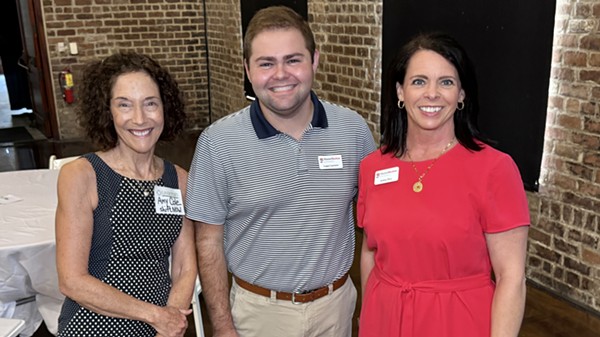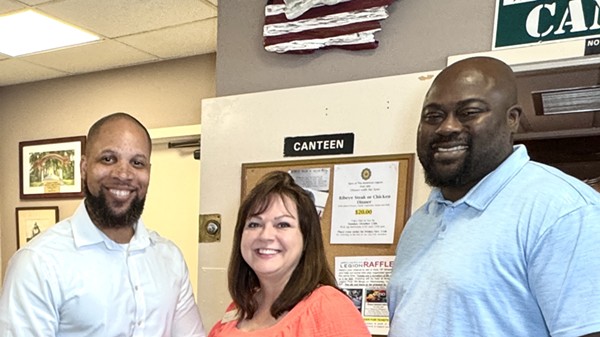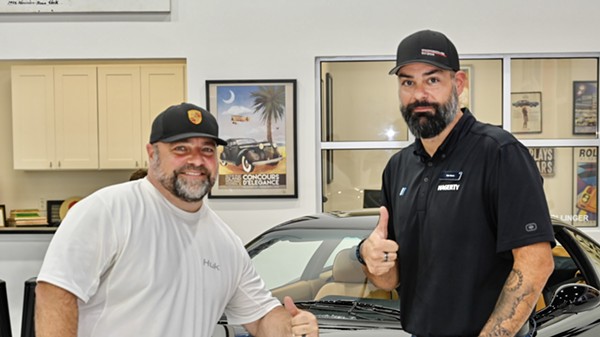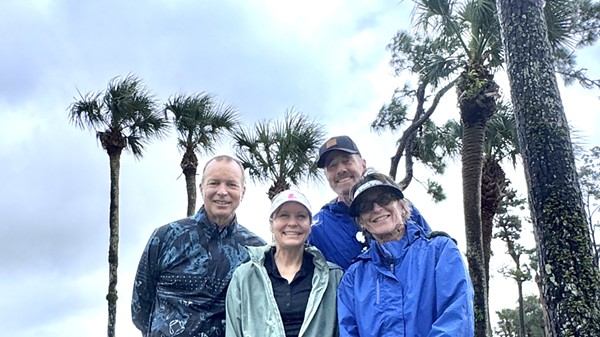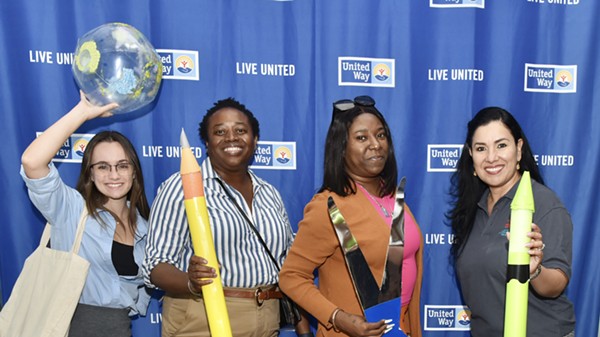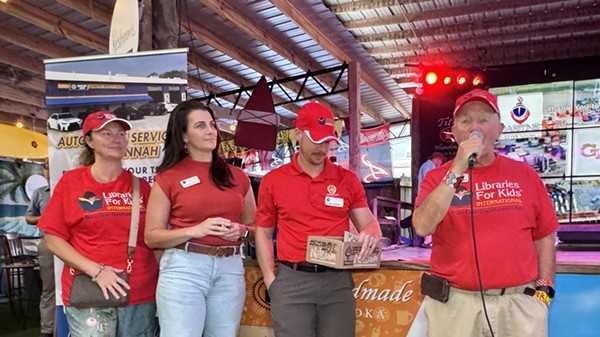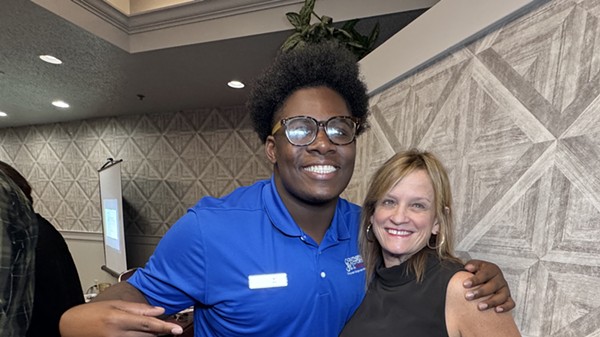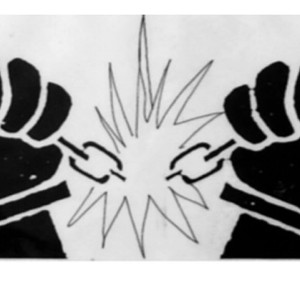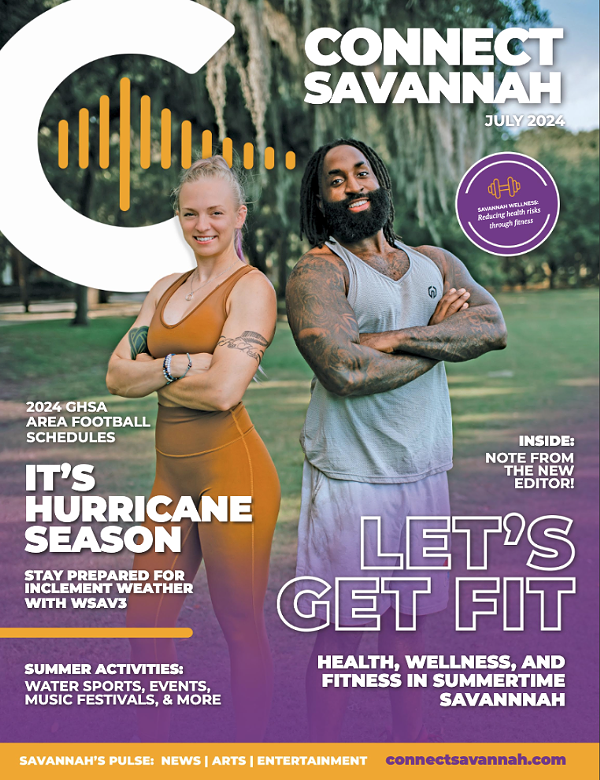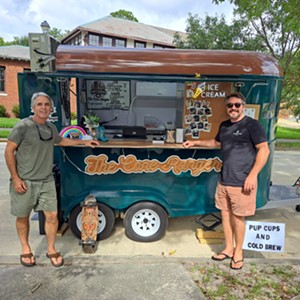Savannah’s Chuck Watson has thoughts on hurricane season. Unlike most, he has the knowledge and information to back it up. The 60-year-old Benedictine graduate is no stranger to the media, especially this time of year.
Reluctantly, Watson took some time speaking with Connect Savannah on a mid-June phone call to talk about his career as the founder and director of research and development at Enki Holdings, LLC, along with the 2023 hurricane season and his blog, EnkiOps.org.
“I don’t like having a public profile. I almost didn’t even do this call,” said a half-joking Watson. “Nobody locally has bugged me for a few years so it has been kind of nice in that sense. But the other thing is that there are people who depend on the information (found on EnkiOps.org) and that’s a good enough reason to keep it going. The blog doesn’t make any money, despite the fact that thousands of dollars worth of equipment are behind it all, so it isn’t about profit.”
Website traffic, television ratings, clicks, eyeballs … All of it, Watson says, has contributed to the public being generally prone to something he terms “FUD” – Fear, Uncertainty, Doubt. It’s what makes this the most important, and the most profitable time of year for The Weather Channel. The lack of it is what makes Watson’s models so different from mainstream (and oftentimes misleading) storm projections.
Since Enki isn’t dependent on generating revenue through site traffic, there isn’t any unnecessary “FUD” published by Watson.
“My models, research, and analysis is geared towards the potential impacts on the economy, on human infrastructure and on populations,” he said. “So when it comes to hurricanes, I run computer models taking these forecast tracks … and then it's not just where is the storm going, but how strong is it going to be once it gets there? What kinds of infrastructure are in the way?”
It’s clear Watson’s experience sets his storm predictions apart.
“Being able to help people in and out of specific situations and provide a little bit of context … It’s why I’ve kept this going for so long and really why I’m so passionate about getting the information out there,” Watson said. “That's partly why I can be – as you probably noticed – I can be a little bit snarky at times (on the blog posts)."
Validation of his expertise can be had through the list of authorities who routinely turn to Watson for aid and advice in his models, mostly. It’s an impressive client list. The rundown straight from the Enki website …
“Enki’s models and their outputs are used by governments around the world such as the US Government (NASA, Defense Department, State Department, EPA), the States of Florida, Georgia, North Carolina, South Carolina, and Hawaii, as well as the insurance industry and United Nations.”
Since the mid-1990’s, Watson has been a trusted and reliable source of information for the people and groups making the most important of decisions come hurricane season. He has also been a frequent expert guest on NPR, CNBC and Bloomberg News, among other news outlets worldwide. With him, Watson brings “expert perspectives on the economic impacts of natural and anthropogenic hazards.”
He may bring some of the snark with the smarts, too.
“Another one of my frustrations is picking and choosing the models,” he said. “I'm sorry, but if you're not a tropical cyclone specialist, you have no business talking about models. They're very, very complex. The impacts of false models or people in positions of influence using them in incorrect manners … it can lead to chaos and confusion which doesn’t help anyone but the employees and companies profiting from increased viewers.”
Evacuations are a topic of particular interest to many Savannahians who have dealt with mandatory state orders to leave town in the past. Sometimes, it seems warranted. Sometimes, it doesn’t. Watson supplies the logic during the phone call. It might surprise some and, he says, it might infuriate certain others.
“If you're a waitress or an hourly worker, you're in that lower middle to lower income and (if mandatory evacuations occur and businesses close), you lose that money probably and, chances are, that is just income you have lost and it's gone, not coming back,” he said. “So that calculation goes into it. It's not a free decision to (order a mandatory) evacuation, because you're economically hurting people.”
For more information, visit enkiops.org

